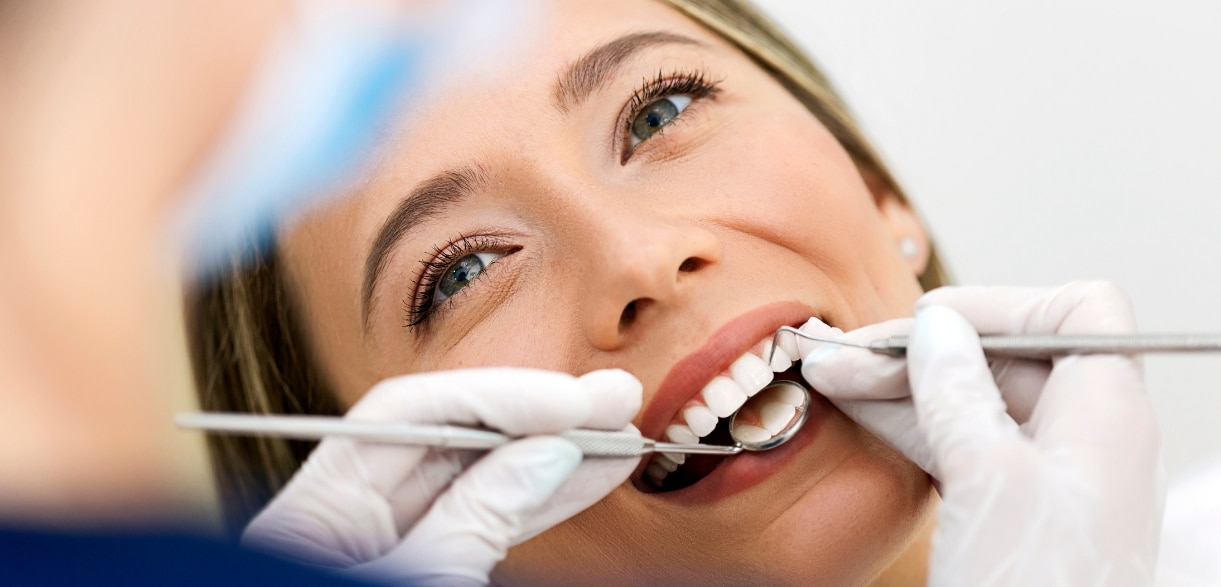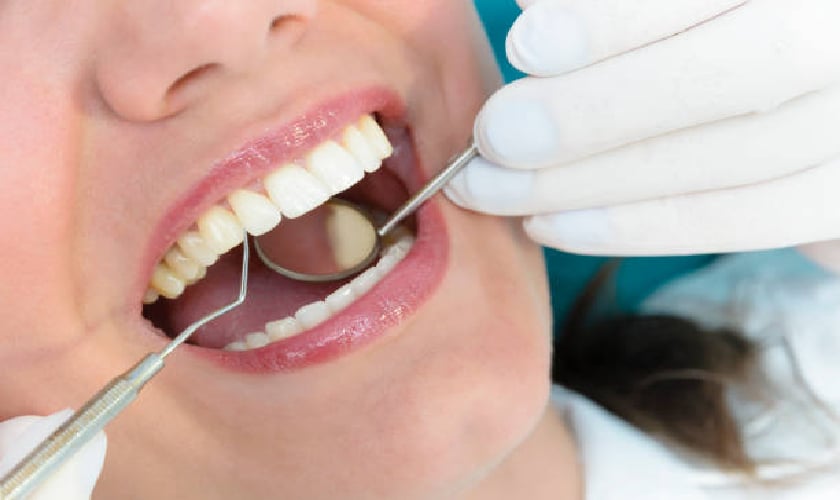
What Happens During a Dental Cleaning and Why It’s Important?
Are you afraid of a dental cleaning? You should not. It’s not so bad!
Hidden plaque accumulates every day. As a result, it undermines your smile. Brushing and flossing do their part. However, professional attention is needed. A trained dentist or hygienist eliminates tough tartar. They keep cavities and gum disease at bay.
Everyone wants a fresh breath, a beautiful smile, and improved health. Skipping dental cleanings welcomes bacteria, which leads to chaos in your mouth. Prevention is better than suffering with treatment afterward.
Step-by-Step Guide to a Dental Cleaning
Step 1: Initial Examination
A dental cleaning begins with a detailed oral examination. The hygienist examines teeth and gums for cavities, tartar, and gum disease. With specialized tools, he reveals unseen problems. Problem prevention saves time and money.
Step 2: Scaling or removal of plaque and tartar
Plaque turns to tartar, which cannot be brushed off. The hygienist removes tender tartar from the gum line and between teeth using a scaler. Then, they brush it off gently. If not removed, tartar can lead to decay and gum disease. Its removal makes your smile healthy.
Step 3: Deep Cleaning using Gritty Toothpaste (Polishing)
A professional dentist Cypress considers polishing after scaling with a high-powered toothbrush and gritty toothpaste. Polishing significantly takes away surface stains. It leaves teeth smoother and shinier. Smooth teeth can trap less plaque. It will minimize future buildup and maintain your smile whiter.
Step 4: Professional Flossing
Flossing at a dental cleaning gets deep between teeth. It remarkably takes away trapped debris. Even regular flossers can use professional flossing. Hygienists apply precise techniques to reach hard-to-reach areas. It helps immensely to minimize plaque buildup.
Step 5: Rinsing and Fluoride Treatment
A fluoride rinse washes away loosened debris. Fluoride treatment strengthens enamel and makes teeth resistant to decay. This protective layer protects against cavities and keeps your teeth strong until your next visit.
Why Do Regular Dental Cleanings Matter?
You Can Prevent Cavities & Gum Disease
Missing a dental cleaning allows plaque to build up. Gradually, it will cause decay and gum disease. Bacteria feed on residual food and create acids that weaken enamel.
Gum inflammation worsens if you leave it untreated. It will result in bleeding, pain, and possible tooth loss. Professional cleanings prevent these problems from occurring.
You Will Get Fresher Breath
Continuous bad breath usually points to plaque and bacteria accumulation. Even with brushing, the odor-causing bacteria are trapped in hidden spots. Deep dental cleaning significantly eliminates tough-to-reach plaque and makes your mouth clean. Say goodbye to embarrassing bad breath!
You Can Detect Dental Issues Early
Professional dentists catch signs of cavities, gum disease, and oral cancer early on. A quick check-up with a dental cleaning can show you issues before they need expensive treatments. Catching things early is vital to secure less pain, fewer procedures, and a healthier smile.
A dental cleaning isn’t just about a bright smile. it’s about protecting your health. Regular visits prevent cavities, freshen breath, and detect problems early. Waiting too long causes bigger, more expensive issues.
Prioritize oral health now. Schedule an appointment with our dentists.



